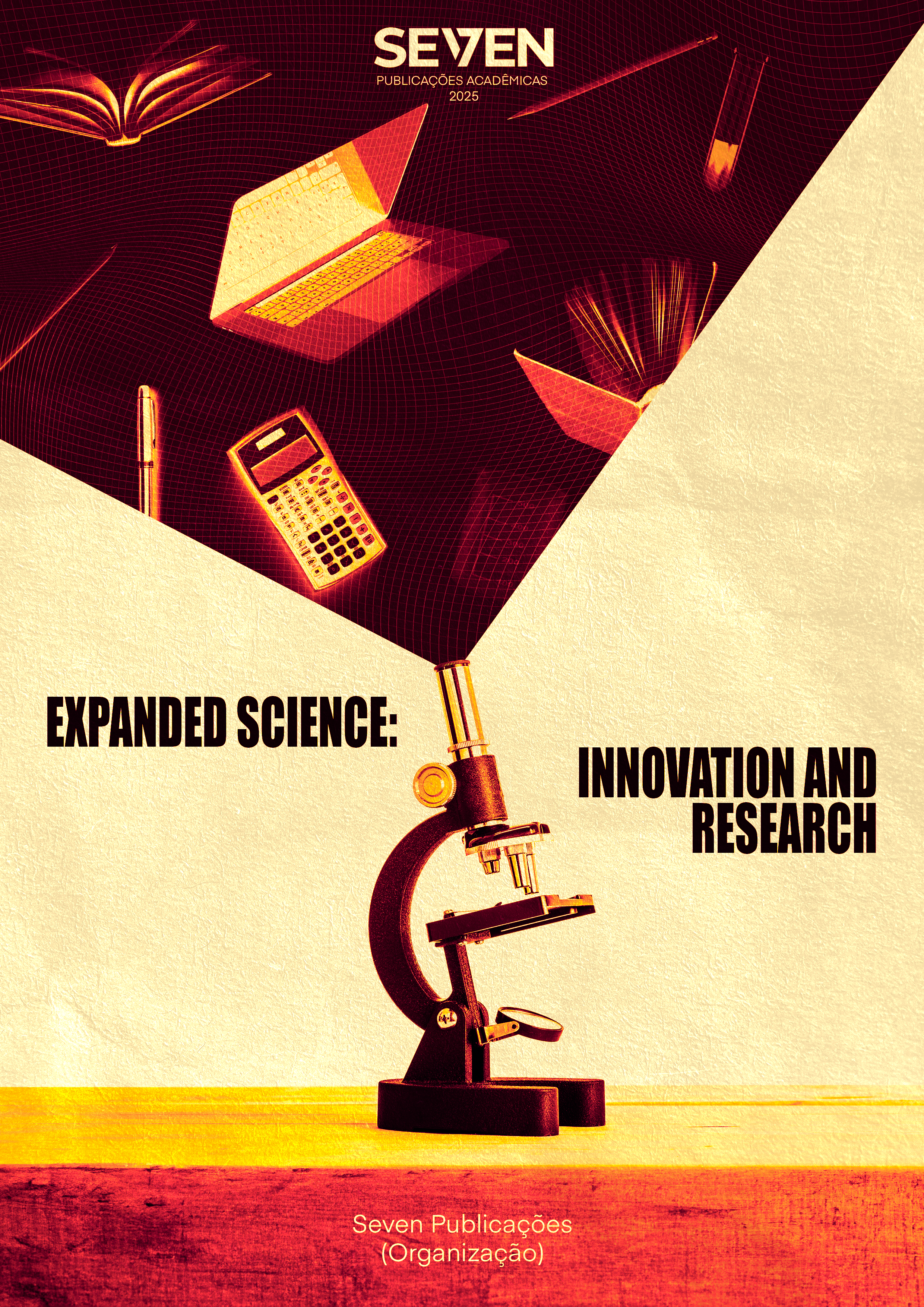EVALUACIÓN Y PROSPECCIÓN DE LA ATENCIÓN/CUIDADO A GRUPOS ÉTNICOS EN SITUACIONES URBANAS A TRAVÉS DE HUERTOS MEDICINALES
Palabras clave:
Evaluación Cualitativa de Servicios de Salud, Atención Psicosocial, Grupos Étnicos e Indígenas en Contextos Urbanos, Atención Através de un Huerto, Tecnología Social para el EtnodesarrolloResumen
La evaluación de los servicios médicos de salud utiliza una metodología cualitativa para desarrollar una perspectiva grupal sobre un tema específico de interés o demanda, basándose en las respuestas y testimonios de los participantes. El equipo de voluntarios del Centro de Estudios, Investigación, Asistencia y Cuidados Dr. Benoit Mure del Servicio de Homeopatía de la 7.ª Unidad del Hospital Santa Casa da Misericórdia de Río de Janeiro se caracteriza por un predominio de personas mayores y adultas mayores en plena actividad. Tras el período de distanciamiento social durante la pandemia de COVID-19, el equipo decidió participar presencialmente para evaluar el "espacio de salud - jardín sensorial" que habían planificado. Después de un año y medio, llegó el momento de evaluar todo este esfuerzo y cualquier imprevisto surgido mediante un análisis retrospectivo, para luego avanzar en el desarrollo de perspectivas para nuevos diseños del jardín en el servicio, así como su implementación si el proyecto continuaba. El objetivo fue evaluar, desde la perspectiva de usuarios, personal y voluntarios, el progreso de un servicio implementado por todos —el huerto medicinal sensorial— en términos de sus desafíos y posibilidades. Los objetivos específicos fueron: describir la creación y trayectoria del espacio del huerto; describir sus desafíos y fortalezas; y enumerar las posibilidades de mantenimiento, redimensionamiento y sostenibilidad. La inversión en el diagnóstico evaluativo es particularmente importante, ya que permitió obtener resultados cualitativos consistentes, resultando en la generación de diversos productos de Tecnología Social para la comunidad, orientados a la educación y promoción de la salud. La conclusión fue que el huerto cumple su propósito y que el proyecto podría reiniciarse con la participación del grupo de usuarios, personal y voluntarios para continuar su revitalización. El objetivo fue retomar las actividades deliberadas en el trabajo de fortalecimiento grupal y desarrollo de la competencia cultural entre los participantes de esta experiencia intercultural. La pregunta guía se aclaró y respondió colectivamente. Esta metodología fortaleció la voz de todos los participantes del proyecto como productores de conocimiento. La energía perversa del período fue superada por la actitud positiva del equipo. La importancia del servicio de profesionales voluntarios que continúan un proyecto del cual fueron coautores es de suma importancia.
Descargas
Publicado
Número
Sección
Licencia
Derechos de autor 2025 Marcia Cristina Braga Nunes Varricchio, Celso Luiz Salgueiro Lage, Alexandre dos Santos Pyrrho, Simone da Silva, Morgana Teixeira Lima Castelo Branco, Josiane Bentes Lopes, Paulo Roberto da Silva Goldoni, Fábio de Almeida Bolognani, Sandra Ávila Gaspar, Jaqueline Da Silva

Esta obra está bajo una licencia internacional Creative Commons Atribución-NoComercial 4.0.





